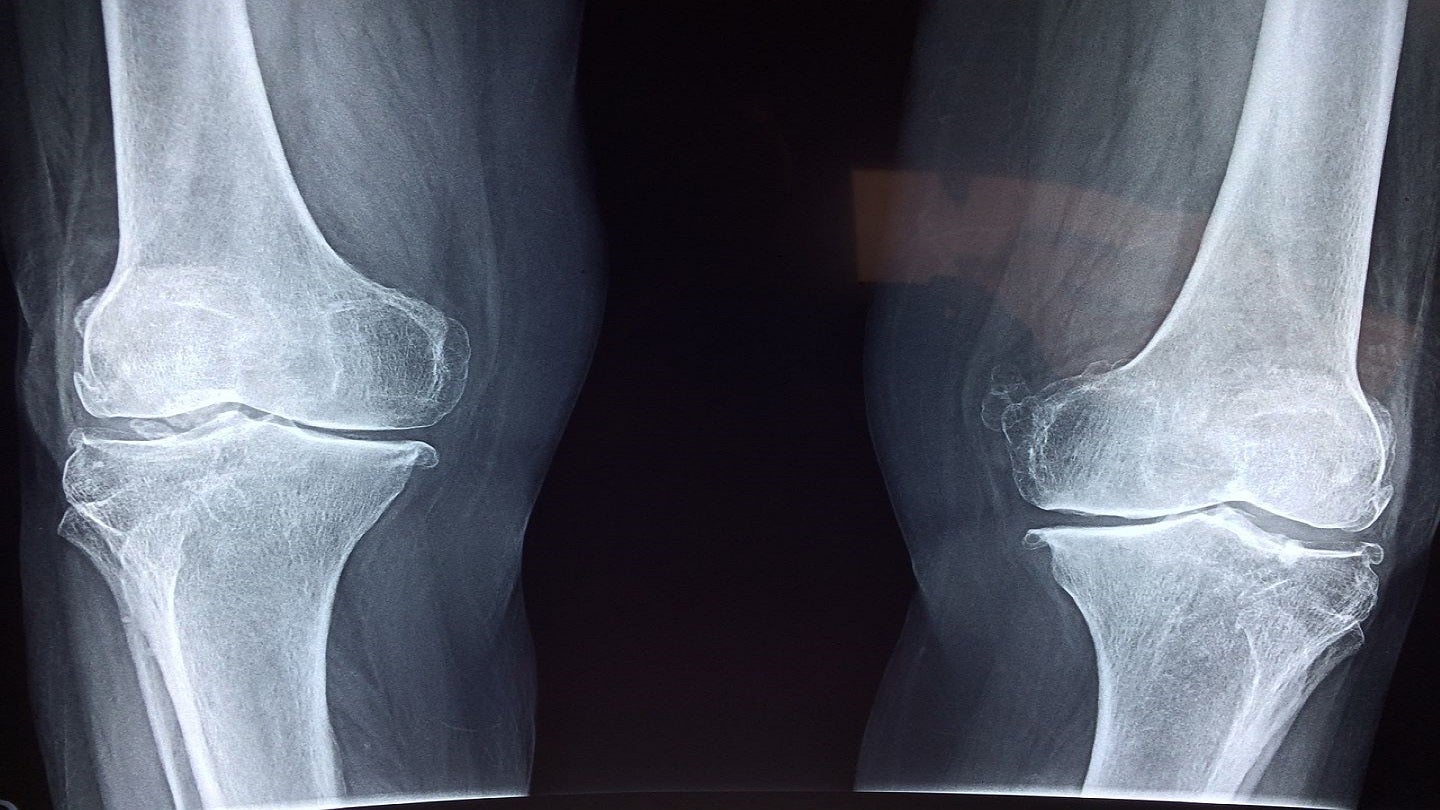
Clinical-stage biotechnology firm ContraFect has commenced a Phase Ib/II clinical trial of exebacase in patients with chronic prosthetic joint infections (PJI) of the knee.
The study is being conducted in the setting of an arthroscopic debridement, antibiotics, irrigation, and retention (DAIR) procedure in patients with PJI of the knee due to Staphylococcus aureus (S. aureus) or Coagulase-Negative Staphylococci (CoNS).

Discover B2B Marketing That Performs
Combine business intelligence and editorial excellence to reach engaged professionals across 36 leading media platforms.
It will evaluate the safety, pharmacokinetics (PK), and efficacy of intra-articularly administered exebacase in these patients.
The randomised, double-blind and placebo-controlled clinical trial is to be carried out in France.
ContraFect will conduct the study in two parts. The first part will evaluate efficacy at an early and six-week timepoint besides safety and PK.
The second part is said to be a long-term clinical safety and efficacy follow-up for up to two years.

US Tariffs are shifting - will you react or anticipate?
Don’t let policy changes catch you off guard. Stay proactive with real-time data and expert analysis.
By GlobalDataIn addition, the company will randomise the patients into a 3:1 ratio with either exebacase or a placebo in the trial. All patients will receive study drugs in the setting of a DAIR Procedure.
ContraFect president, CEO and chairman Dr Roger Pomerantz said: “This study of exebacase in patients with chronic PJI provides the opportunity to demonstrate clinical efficacy in a new setting and build on the positive data we have seen through compassionate use.
“Currently, prosthetic joint infections are extremely difficult and expensive to treat as antibiotics fail to clear the bacterial biofilms on the prostheses, often resulting in multiple surgeries, or revisions, of the prosthetic implant.
“Patients suffer tremendous loss of mobility and are often immobilized before and during the surgical procedures.”





